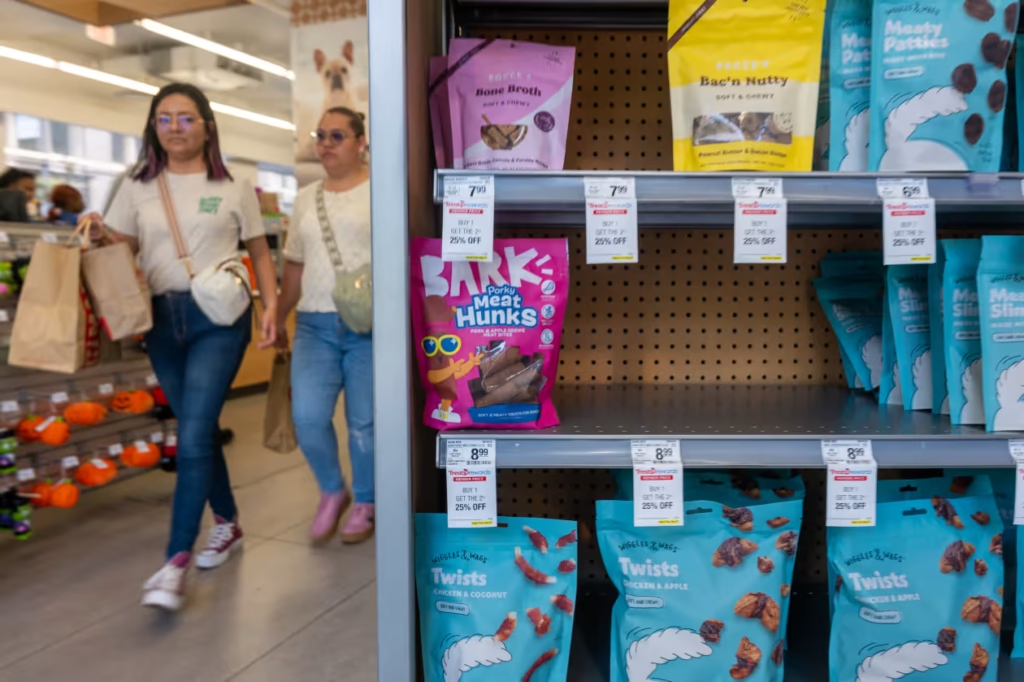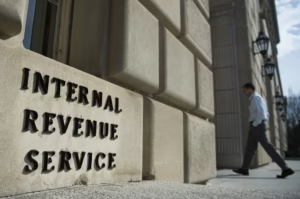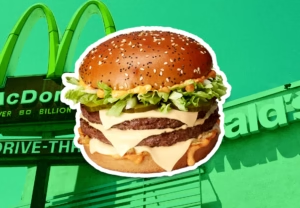“The U.S. economy is continuing to expand,” and “consumer spending is booming.”
Despite slowing economic growth and trade wars, Americans haven’t reduced their spending much.
According to a Wall Street adage, don’t wager against the American customer. The point might be demonstrated by the most recent rise in retail spending.
For the third consecutive month, retail sales increased significantly in August, indicating that people are spending at solid levels in spite of concerns about persistent inflation and a deteriorating labor market.
The government said on Tuesday that retail cash register receipts rose by 0.6% last month, and that July expenditures were revised upward. The gain was twice as large as Wall Street had anticipated.
Although purchasing a car was a major factor, Americans also frequently ate out and spent a lot of money at internet retailers.
A significant portion of consumer spending, which is the primary driver of economic growth in the United States, is represented by retail sales.
Although consumers have been timing their purchases to avoid tariffs, spending has fluctuated this year, but the general trend has been robust enough to maintain economic growth.
Additionally, rising inflation is a factor. Additionally, the cost of some widely imported goods, including coffee and auto components, has increased, forcing Americans to spend more money.
Important information: August saw a rise in new automobile and part sales for the third consecutive month. For the past few months, car buyers have been purchasing more cars than they usually do in order to avoid the price spikes that are expected to occur in the upcoming months when tariffs go into full force.
Car sales have a significant impact and make up one-fifth of all retail sales.
A more accurate indicator of trends in retail spending, sales excluding cars and fuels increased by an even more robust 0.7%.
Following a strong July increase linked to Amazon Prime Day (AMZN), online retailers saw a 2% increase in sales last month.
Restaurant sales, which are arguably the most important sector in the retail report, increased by 0.7% last month. When people are optimistic about the economy, they purchase more prepared foods. When people are worried about their jobs, they eat out less.
When comparing the last three months to the same period last year, overall restaurant spending has increased by 6.6%.
Big picture: Relatively strong job security and low unemployment have allowed Americans to spend at healthy levels, but the labor market has grown increasingly fragile and poses a threat to the economy.
Although it’s unknown how much lower interest rates will encourage more hiring, the Fed is anticipated to drop rates this week and in the months to come.
Until the trade disputes end and companies realize the true cost of tariffs, they have been unwilling to pay more for labor.
Considering the future: The chief investment officer at Northlight Asset Management in Charlotte, North Carolina, Chris Zaccarelli, stated, “[C]umer spending is booming and regardless of the negative jobs revisions, the U.S. economy is continuing to expand.”
Market response: Tuesday’s trading was expected to start with mixed results for the S&P 500 SPX and Dow Jones Industrial Average DJIA. The price of stocks is at its highest point ever.





